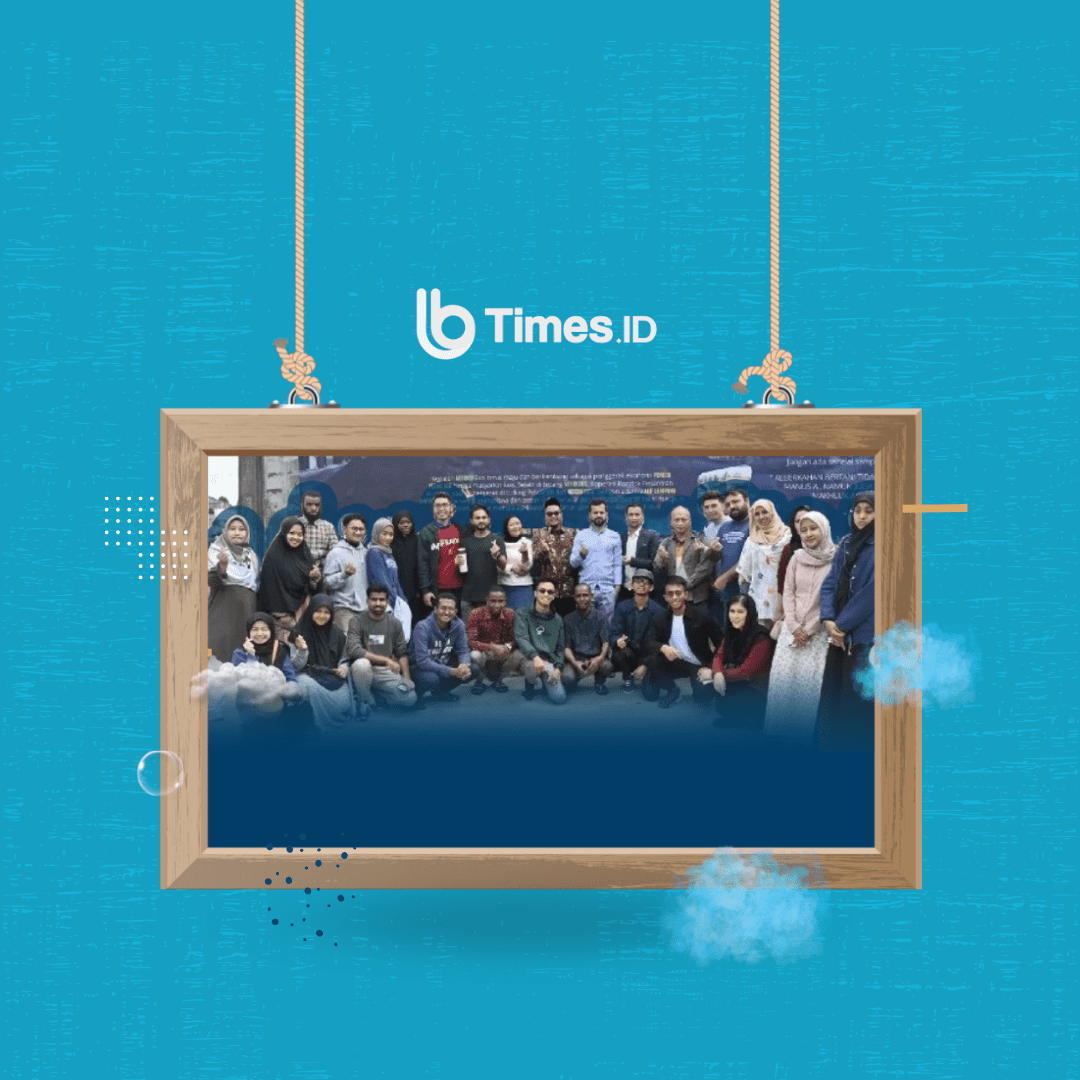On January 30th, 2023, Ecobiz Students Association (ESA) of the faculty of economics and business of UIII held a study excursion to Bandung. This trip was successfully conducted in partnership with the management and business laboratory (LMFEB) of Padjadjaran university. Together will all students of FEB UIII, consisting of master and doctoral students, ESA visited Al-Ittifaq Moslem boarding school, which is located in Rancabali, Ciwidey, Bandung. This Islamic education institute has been chosen considering its capacity to equate its students to be concerned with understanding religious subjects and entrepreneurship skills. Established approximately 52 years ago, Al-Ittifaq has made breakthrough community service programs, relying on its geographical advantage in mountain areas, enabling it to empower people from a more advanced agribusiness scheme.
From this line of agribusiness, there have been around 120 commodities that penetrate domestic marketplaces like Super Indo, AEON, and international markets. Not only does this entity assist farmers in finding the marketplace to which they can sell their crops at a more reasonable price, but it also provides agribusiness education programs to improve the quality of the crops and their plantation. Regarding research and development, Al-Ittifaq has partnered with Progamma Uitzending Manager (PUM) Senior experts from Netherlands and Alif learning center (ALEC). This initiative was made to solidify the entrepreneurial incubation enforcement of small and medium enterprises (SMEs) and their activities around Al-Ittifaq.
***
Al-Ittifaq formerly developed an entrepreneurial incubation program, targeting cooperations and tenants to upgrade their business capacity and, in the long term, could access the financing programs given by Revolving Fund Management Institution for Cooperatives, Micro, Small, and Medium Enterprises (LPDB-KUMKM). Under their management, more than 500 vegetable farmer groups and 174 Muslim boarding schools become their business partners to be supported for their supply chains and administrative business models. Besides farming, being labeled as ‘green pesantren’, al-Ittifaq expanded their business scale to the cattle and goat breeding and fattening programs. Committed to the realization of zero waste, they not only manage the organic fertilizers procurement but distribute approximately 20 tons daily.
With this consideration, ESA is enticed to comprehend al-Ittifaq business flow and movement in a face-to-face nuance to get closer exposure to synergizing business and religious education to uplift the economic welfare of people and other surrounding Islamic boarding schools. Welcomed by the CEO of al-Ittifaq, Setia Irawan, ESA and all FEB UIII students assembling at the institute hall were following the explanation of the history of al-Ittifaq and how it transformed from a religious-based boarding school to a sociopreneur school.
He depicted that beyond the transformation is how people demand boarding school students to not only be capable of teaching and disseminating religious tenets they learnt at school but also contribute to open work opportunities or at least involve positively engaging the business markets in their hometown. Representing FEB UIII was Shalahuddin, a Ph.D. student who delivered an appreciative remark on the fulfilling welcome and accommodation given to all students of FEB. He also emphasized that this attendance would help students to unmask what theorems in economic publications and journals conceal, including but not limited to the survivability, challenges, and sustainability of micro companies. There was a Q&A session following after that, and all students were invited to spectate how the plantation, breeding as, well as the process of selecting and packaging all commodities at the designed places of the institute.
Reporter: Muhammad Ismail Sunni



